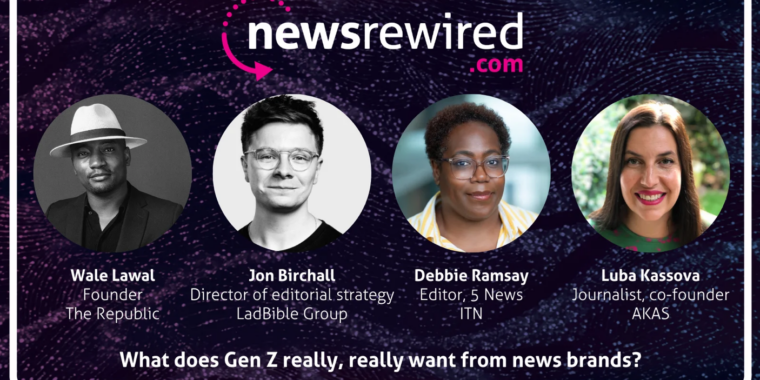One of the key skills for anyone covering a community has to be the ability to listen – hearing what is going on in your town or village and building contacts is vital to getting good contact.
But what about the people you can’t speak to and will never get to meet, but who still have an interest in the things happening around them?
One answer to that is developing an understanding of analytics and understanding how tools like Facebook can help.
The recent Digital Editors’ Network meeting focussed on smart content – or it might be better to say smart teams, who are switched on to what is happening and changing the content to fit.
And the gist of the meeting was – learn what your community is telling you whether it is direct contact, engagement via social media or indirectly via analytics from the various tools we use.
For business site Quartz their analytics showed that only certain types of story were doing well – and that was defined by length. They found stories being shared were below 500 words and indepth reads over 900 words.
And their strategy seems to be working – the digital-only site hit 5 million unique visitors in its 10th month.
— JoannARRGH! EERIE (@GuardianJoanna) October 15, 2013
One of Kevin’s tips to the DEN meeting was to focus on short, shareable content and longer more in-depth piece. Kevin said “Too much reporting is 700-word articles that everyone else has got.”
Chartbeat – a high end analytics package developed for the mainstream media – did an analysis of the traffic for the site journalism.co.uk. And they found a couple of interesting things.
If you can get people coming to your site directly – 80 per cent will come back later in the week
The next category was what is being called ‘dark social’ – email and instant messenger shares.
And when it comes to social – Facebook readers will stick around longer but are less likely to come back while Twitter offers people who want a qiuck fix but will come back more often.
Again you could argue that this fits in with the point outline by Kevin Delaney – post your longer content on Facebook and your short, snacky reads via Twitter.
But, before anyone gets too excited, don’t go taking analytics as anything other than guidance.
One of the keys for all of us is to work out what engagement looks like and be realistic what it means for you.

*Image accompanying this article is copyright Steven Shorrock.





